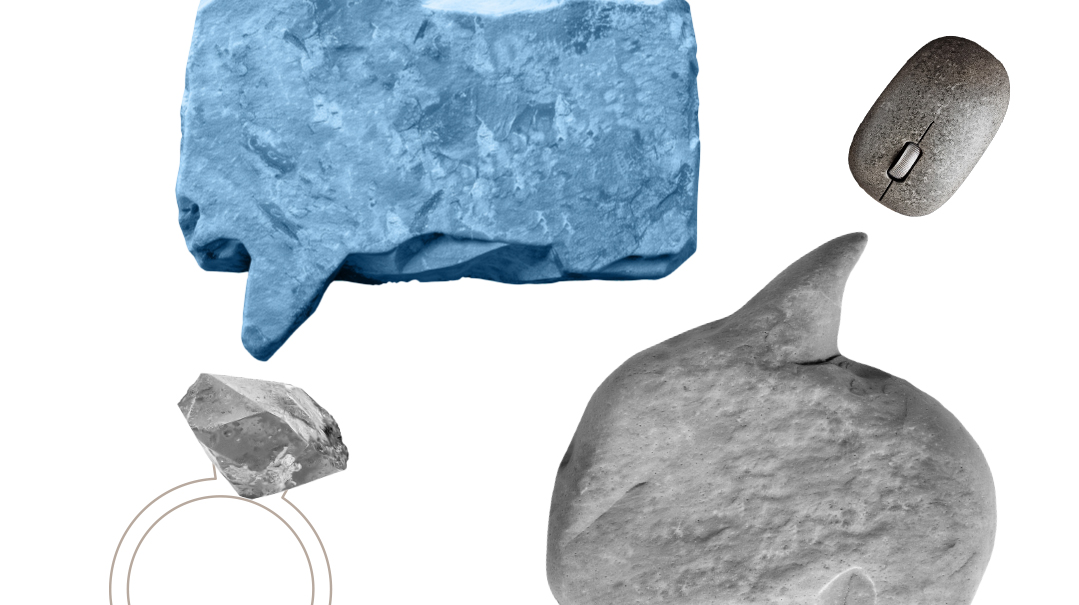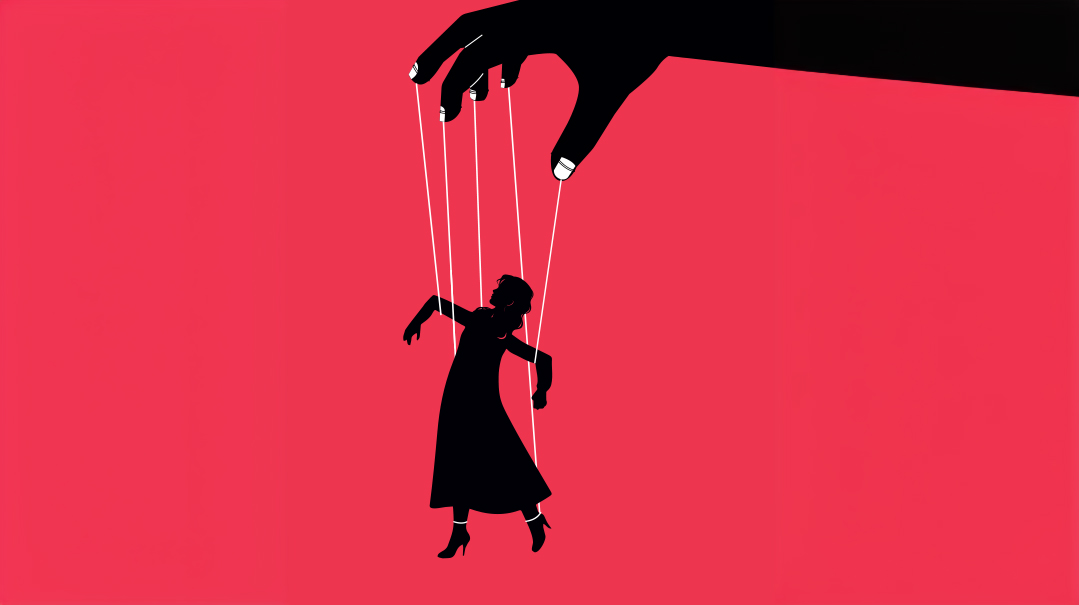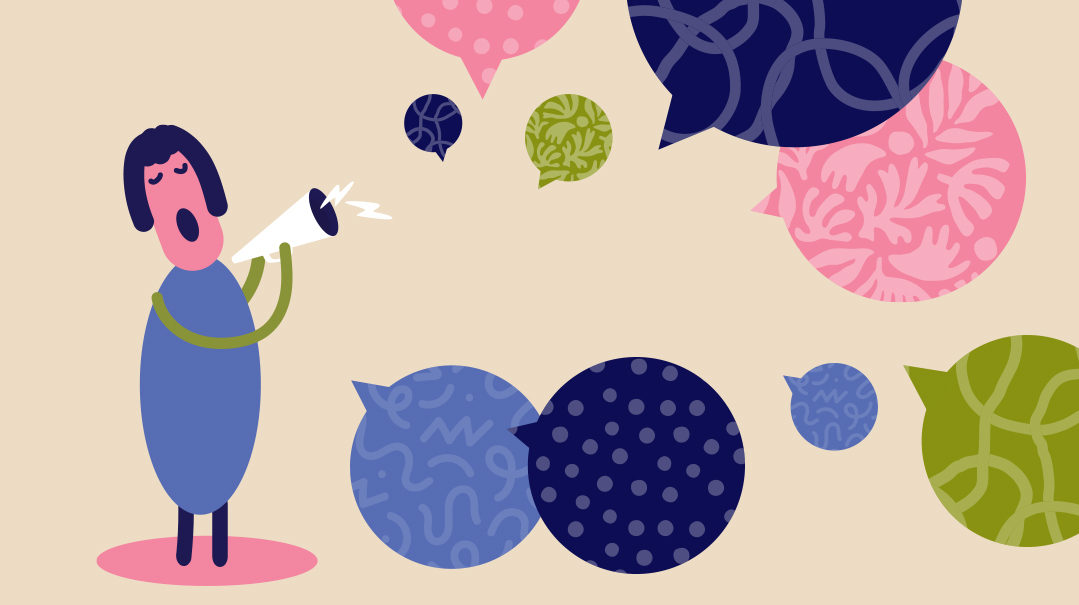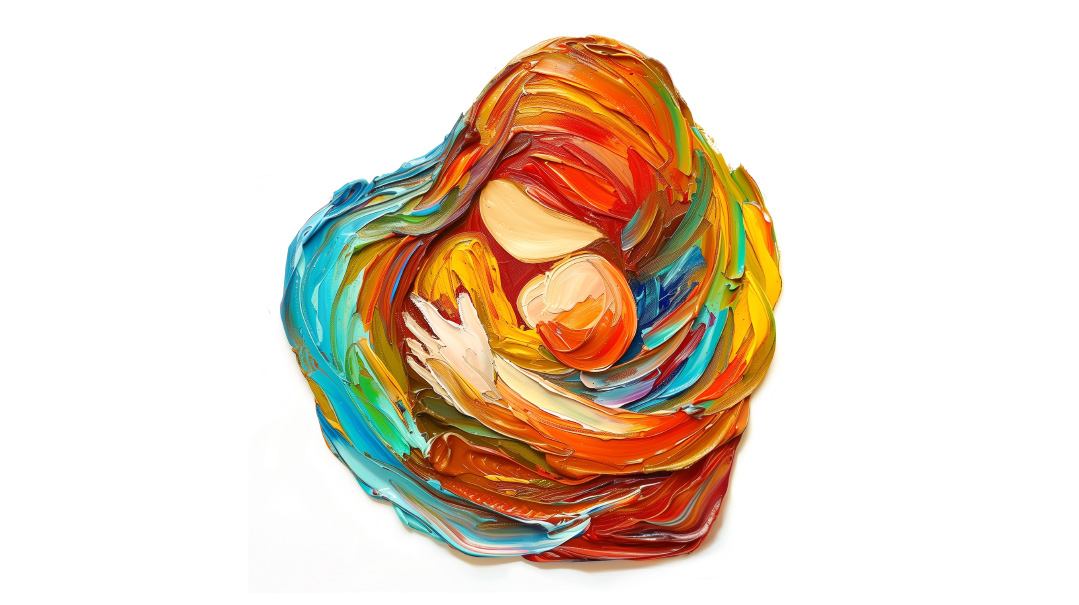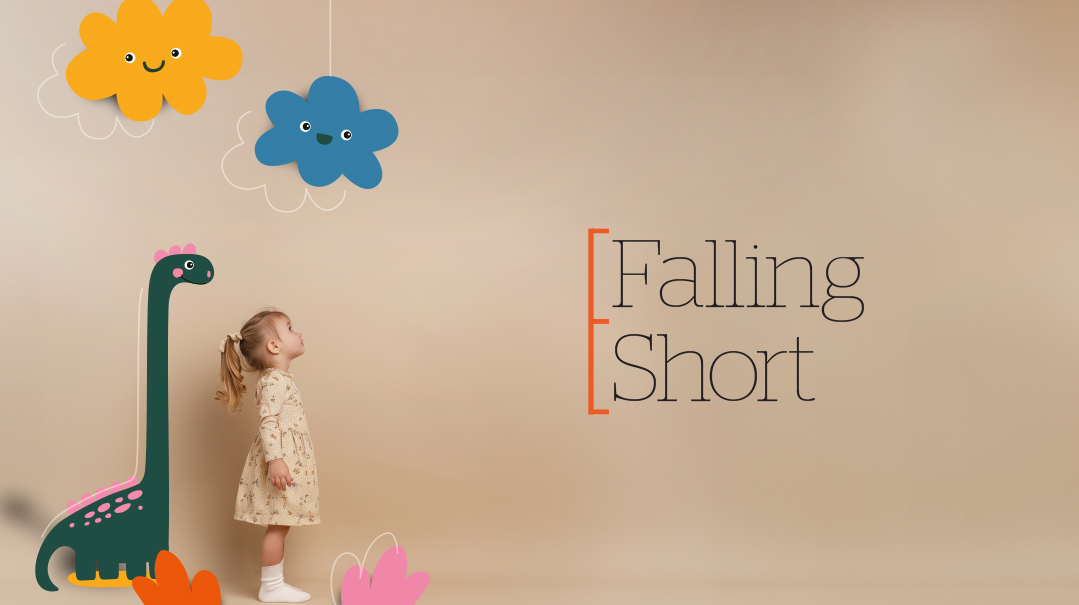The Right Note

Shaindy Plotzker promised Hashem that if He’d return her voice, she’d use it to inspire Jewish women

Ask anyone who’s heard singer and composer Shaindy Plotzker perform, and they’ll agree it’s ironic that doctors predicted that this 25-year-old woman who captivates and inspires audiences across the country would be born hearing impaired.
Shaindy’s mother’s pregnancy took a dangerous turn when she contracted antibiotic-resistant pyelonephritis with MRSA. And while fortunately there was a treatment protocol, it had a few potential side effects, among them fetal hearing loss.
Her mother was no stranger to challenge. Just 20 years old, she already had a toddler with special needs. Now facing the prospect of a hearing-impaired child, she cried through the remainder of the pregnancy.
It turned out to be an unfounded worry. When Shaindy was born, she passed her neonatal hearing tests. She did experience slight hearing loss (which has since resolved), but isn’t sure whether it’s congenital (due to the fluid she always had in her ears as a child) or caused by the loud music she blasted as a teen. “It’s probably a combination,” she muses.
She does have hyperacusis, a sensitivity to sound and frequencies, but it manifests only when she’s in professional music studios and has to ask the staff to turn up the volume on her headphones. “They think it’s hilarious,” says Shaindy with her tinkling laugh. “They keep on asking if I can hear myself, and I keep on saying, ‘Can you turn it a little louder? A little more?’ ”
In one studio Shaindy frequents, the staff doesn’t need to be reminded to use an especially loud setting for her; they have a “Shaindy setting.” But when a well-known singer once came into the studio after her, and the staff forgot to lower the volume, well, boy, did he get a blasting when he put on his headphones!
Shaindy’s story of being threatened by hearing loss taught her that Hashem always has the final word. And that’s a theme running through the backstory behind her almost overnight rise to fame in the burgeoning industry of frum, female performers.
“I started doing this professionally two and a half years ago, and it somehow took off from there,” Shaindy says. “I never imagined, in my wildest dreams, that it would become what it became.”
Sowing the Seeds
“I come from a very musical family. On my mother’s side, everyone plays an instrument and sings, even those who married into the family. It was so normal to always be singing and harmonizing, even at five years old,” Shaindy shares.
“Creativity often comes in bundles, and I was also very artistic and loved to draw. As a little girl, singing and drawing was something I liked to do, just like I enjoyed riding my bike. I dreamed of becoming a singer just like I dreamed of being able to fly. It was something fun to daydream about, something that would be fun. It really didn’t even occur to me that it was a possibility.
“My parents are very humble and genuine people. We’re a very Hashem-focused family; my father had the pasuk, ‘Shivisi Hashem l’negdi tamid’ hanging on the fridge.
“When I was given solos in school performances, I wasn’t moved by it. It was so deeply ingrained in me that this was a talent Hashem had given me and not who I was. We never idolized other people for things they had that were G-d given. My singing ability didn’t define me or make me feel I had something others didn’t have.”
As a child and teen, Shaindy didn’t invest too much in her musical talent. The only instrument she played was the piano, and even that was on a very basic level. “I was in tenth grade when I saw a girl in school playing the piano during lunch break. She played so beautifully, and her music touched a deep part of my soul. Right then and there, I decided I wanted to be able to do that, too. We had a piano at home, and I sat there for hours, determined to improve my skill so I could play that same piece, to produce that same soulful sound.”
In high school, Shaindy volunteered as a staff member at Oorah’s summer camp, The Zone, and spent a lot of time involved in kiruv work there. One evening, as she sat at the piano, she played around with the camp theme song, chanting the lyrics, and she was overheard by singer and entertainer Shimi Adar. Shimi was blown away by Shaindy’s talent and her unique raspy tone, and told her she should really develop her singing ability.
Although she’s almost a decade older than Shaindy, Shimi and Shaindy became very close, like sisters, and for years, Shimi nudged Shaindy about her singing. “In school, English was my favorite subject. I enjoyed composing tunes and then writing lyrics for them, but it was purely for fun. My parents set up a home studio for me, and my friends and I spent hours making up songs.
“Later, Shimi got me to branch out into camp songs. For a few years I composed and wrote the lyrics for the theme songs for many camps, such as Camp Simcha and The Zone. Camps take their theme songs very seriously, and they record the songs in a studio with live music. That was my first introduction to a professional recording studio.”
Shaindy wrote many songs for The Zone, some of them about the power of keeping Shabbos. At the end of camp, she had girls tell her that her songs had touched them so much that they were inspired to start keeping Shabbos, with some girls committing to a few hours a week, and others making the leap to total shemiras Shabbos.
“I’d always been aware of the power of music. But hearing this firsthand, I was moved to tears,” Shaindy says.
Sharing the Gift
While Shaindy was beginning to see the power of music, singing was never something she considered doing professionally. When she came home from seminary in 2015, she became a first-grade and pre-1A teacher. Over the seven years she taught, she made up over a hundred songs for her students, conveying the lessons she was trying to teach. She wrote songs about social skills, about communication, and about lessons we can learn from the parshah.
When she taught her students about Bezalel, the 13-year-old boy charged with supervising the building of the Mishkan, she was inspired. There’s a deeper lesson to this, she thought. You don’t have to be big to do big things. She heard the same message when teaching about Moshe Rabbeinu, who became the leader of the Jewish People despite a speech impediment. “I believe Moshe was chosen specifically to teach us the lesson that perfection isn’t the goal. We often allow our imperfections to stop us from achieving greatness. But I believe it’s these imperfections that make us the greatest versions of ourselves.” She composed a song for her students, encouraging them not to wait until they’re older or perfect to achieve their dreams. She’s currently working on a new song with the same theme, a message she feels we all need to hear.
“Shimi was still on my case about doing something with my singing,” Shaindy recalls. “But I was concerned. I didn’t like the idea of putting myself out there. I incorrectly assumed the singing field was one where it’s all about you. I soon learned that it’s anything but that. In fact, it can become a way to give.”
Then, sometime in 2019, Shimi said something that flipped Shaindy’s perspective. “I still remember where I was, visiting a friend in Washington Heights. I was talking to Shimi on the phone, and she said to me, ‘Shaindy, listen to me. Hashem gave you a talent, and you don’t have a right to keep that talent to yourself. It’s not about you. It’s about what you can do for others with what you’ve been given.’ ”
Shimi’s words touched Shaindy deeply. “I stood frozen in shock,” she says. That conversation with Shimi was a turning point for her, and finally, she decided she would do something with her voice. What, she didn’t know. But the wheels in her mind began to turn.
Shaindy knew that as a female performer, she’d need halachic guidance to navigate areas like kol ishah and tzniyus. When she finally did summon up the courage, she approached her rav. She was pleasantly surprised that he encouraged her to pursue this.
“The rav told me clearly what I could and could not do in terms of halachah,” Shaindy says. “But I also learned there’s a difference between what you can and can’t do, and what you should and shouldn’t do. That’s grayer, and it requires a lot of regular consultation and reassessment. It’s very important to me that I do everything in accordance with rabbinical guidance.”
Speechless
It was September of 2019, not long after the beginning of the school year, when one morning Shaindy woke up unable to speak. She assumed it was regular hoarseness from overusing her voice, but soon learned that this was anything but typical. As the weeks went by, she had days when she could rasp a few sentences, and days when she couldn’t make any sound at all.
Her nascent singing career notwithstanding, as a teacher this was a huge problem. She had an assistant who helped her manage the classroom, and communicated with her students with an app that read out everything she typed. The little girls found the computerized voice amusing; it was even funnier when it struggled to pronounce Hebrew words and told the girls to open their books for “kryah” instead of “kriah.”
Shaindy booked an appointment with a well-known ENT and voice doctor in Manhattan, but it was several weeks until she could see him. He performed a laryngoscopy and discovered two large, noncancerous growths called nodules on her voice box, as well as swollen tonsils and adenoids. He explained to her that sound is produced when the two muscles of the voice box vibrate against one another. The nodules were preventing the muscles from touching each other, thus she was unable to speak. He also diagnosed her with severe asymptomatic acid reflux, allergy-induced swelling, and said her nose needed to be restructured to allow her to breathe through her nose, not her mouth.
“I can perform laser surgery to remove the nodules,” said the doctor.
“Sign me up,” Shaindy said.
“But it’s not so simple. It’s a very intricate procedure, so I can’t guarantee your voice will return to what it was. It might sound different. It might not have the same range as before. You might not be able to sing,” he cautioned.
That changed the picture for her. “Even though I was desperate to get my voice back — I’m such a social person, and of course, it was so difficult for me not to be able to communicate.” Shaindy says. “Singing was such an integral part of me, there was no way I could even think about giving it up. In my mind, surgery wasn’t an option.”
Shaindy found the loss of her voice difficult. “It showed me so clearly that my voice and singing talent was never mine. It belonged to Hashem. I began to think that I may not have used the gift Hashem had given me to the best of my ability. We’re all in This World to use what we have to help each other. Did I do enough with what I was given? All I wanted was a second chance. I made a promise to Hashem, ‘If You give me back my voice, I promise I’ll use it to benefit others in any way I can, use it to bring others closer to You. I’ll find a way to do good with what You’ve given me,’” she says.
“Is there any way to shrink the nodules without surgery?” Shaindy asked the doctor.
“They’re very big,” he said. “If they get any bigger, there’s a risk you’ll never get your voice back, because the damage will be permanent. But if you change the conditions in your throat by having your adenoids removed, your nose reconstructed so you can breathe better, change your diet so you don’t eat acidic foods, and begin intensive voice therapy, we may be able to shrink them.”
“We were in a race against time,” says Shaindy. “I followed what the doctor said exactly. The only problem was, 15 days before my nose surgery, Covid hit, we went into lockdown, and all non-emergency surgeries were canceled.
“Wow, did I cry. I was so close to getting my voice back, and this was a major setback.” She ended up getting the surgery done over a year later, when the world opened up again.
After a few months, the nodules began to shrink, and Shaindy’s voice made a comeback. It wasn’t the same though. Her voice had been slightly raspy, but now that rough edge was much more pronounced.
Initially, Shaindy thought she’d wait to start singing until her rasp improved. But she didn’t know when that would happen, and drawing on the message she’d taught her students, she decided to just go ahead. “I’ve come to appreciate that the raspy edge, as Shimi Adar pointed out years ago, adds to my uniqueness. It’s my brand, and now I’m grateful to Hashem for it,” says Shaindy.
The World’s a Classroom
For close to two years, Shaindy kept one foot in the classroom and one on the stage, combining singing, performing, and teaching. Most of the songs and music videos she produced were a mixture of songs and lyrics she’d written that other singers or composers had put together. She didn’t have the time to work on her own compositions.
This past March, she finally realized that she could no longer keep up the teaching and the singing. “One Motzaei Shabbos, I drove from my home in Monsey to Maryland for a concert,” Shaindy recounts. “I got there at midnight, slept for a few hours, then got up at six to go to the hall, rehearse, and get ready, finally performing that night to a packed theatre and energetic crowd. Then I drove back to Monsey. I arrived at four a.m., slept for three hours, got up at seven, and went to teach. That night, I flew overnight to L.A., napped in my hotel room for a few hours, and then performed two concerts back-to-back. Then I went off to the airport, flew overnight again, and went straight to school. I realized what I was doing wasn’t doable.”
Shaindy made the difficult decision to stop teaching and dedicate herself full-time to song writing, singing, and performing. It wasn’t an easy decision, but she’s confident it was the right one. Because really, she hasn’t stopped teaching. It’s just the medium that has changed. “I see myself as someone who has the opportunity to inspire women through music and song. For me, it’s not about the lights, the big moments. It’s all about my audience and my relationship with them, about connecting with them. When they share stories with me of how my music has impacted them, it touches me in a way I can’t explain in words. I wonder if they realize just how much their stories inspire me — it’s these stories that keep me going.
“I recently sang at a Shabbaton for families whose children are struggling with Yiddishkeit. A chassidish woman tearfully approached me on Friday night and asked if she could share something personal. She told me her daughter is very far from Yiddishkeit at the moment, and the only connection she has to her family and Hashem is through my music. I burst into tears when she told me that.”
Shaindy’s passion is evident as she talks about her personal history. “Every person is fighting a battle, is struggling with something, and often it’s hidden. I have an older brother with special needs, so my family has been through a lot of medical crises. We’re very familiar with Hatzolah calls and hospital rooms.
“A few months ago, I was at a bonfire with some of my friends from Camp Simcha. I looked around at these amazing girls struggling with serious illness. I felt their pain, but more than their pain, I also saw their bravery, their courage. That night, I sat at my piano, and I cried. I cried and I played and I wrote these words: ‘One day you’ll tell the story of all you overcame, and it will teach the world around you how we all can do the same.’ ”
Shaindy turned these lyrics into a new song, tentatively named “Find That Fire,” that will be released a few weeks after Chanukah.
Going Forward
Shaindy says she’s only getting started. She has some huge projects, songs, and events in the works that she can’t wait to share. She tells us a little about one of the projects she’s working on, which will showcase the people who have taught her so much. “There’s really something to learn from everyone. So many people don’t look like teachers, but they can teach us so much, if we only open our eyes. It’s the most unexpected people who have inspired me and made me into the person I am,” she says.
“There’s my older brother with special needs, who taught me how to be a patient, loving person. There’s a little girl from Australia, Miriam Holzer, who is living with a brain tumor. Despite our age difference, we’ve become friends over Zoom, and I’ve learned so much from her resilience. There are the amazing students at Yehudi, a kiruv organization I’m involved in. I’ve spent numerous Shabbosim with them, and I can’t explain how inspired I am each time. There’s Malkie Hirth z”l, an eight-year-old who passed away from cancer, whom I was very close to. At a young age, she had the strongest emunah I’ve seen. She gave me so much more than I gave her. And there are dozens more. The world is filled with the greatest teachers, and if we keep our eyes open, we can become changed people through them.”
Shaindy’s examples are sobering, reminding us of the challenges all around, but maybe that’s why her music touches people so deeply. Because it comes from such an authentic place. “My songs are born from my most emotional moments. The difficult ones and the beautiful ones, because not everything in life is sunshine and rainbows. When you’re fighting your battles, it’s often hard to see the light. It’s hard to remember we have it within us to get through it. I hope my songs can be a reassurance to anyone facing any battle, large or small, that they have the fire to power on.”
Shterna Lazaroff contributed additional reporting to this article.
(Originally featured in Family First, Issue 823)
Oops! We could not locate your form.

